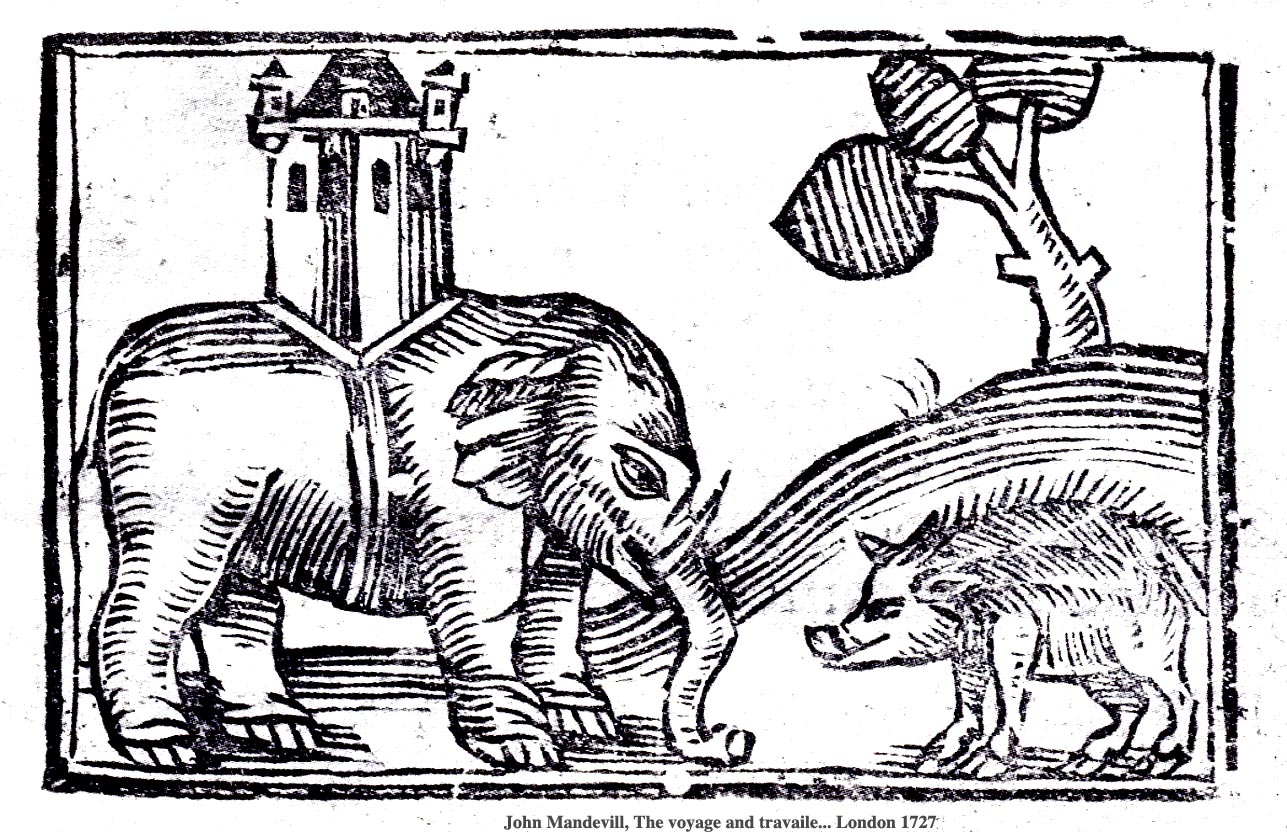
The Etymologicon
A Circular Stroll Through
The Hidden Connections of
The English Language
Mark Forsyth
(Berkley Books)

Mark Forsyth is all you could ask for as a learned, facetious member of the gang of those who love the English language. In 250 or so pages he rambles over the Achilles tendon (and the Trojan War); all the way through Venezuela, Venus and Venice including Amerigo Vespucci --- this last whose name was given to an entire continent by the generosity of a mapmaker named (sic) Landseemuller.Then into the dangerous world of the CIA whose innocent phrase "terminate with extreme prejudice" means more than you (or I) want to know about; then, devolving into the American phrase of "going to the john" as evolving from a variation on the English word "jakes" (recall Leopold Bloom in his morning jakes?); and from thence to an understanding of why a turkey doesn't come from Turkey --- in Turkey a turkey is called a hindi (they think the original fowl comes from India) --- but is named such because it looks like a "helmeted guinea fowl," which, according to the author, "tastes as heavenly as a turkey." Now, I ask you, what does this learnéd etymologist even know what a helmeted guinea fowl tastes like?
Then there are phrases? Like this one from Shakespeare:
The smallest worm will turn, being trodden on,
And doves will peck in safeguard of their brood.Nice poetry, but the word "worm" comes from the protean Indo-European wer, which means "turn." Thus a worm turning is a turning turn . . . A tautology.
And those words and phrases we've lost over the years. Once there was a word "gruntle," and Anon, the well-known author of The Travels of Sir John Mandeville, from the 14th Century, told of the place near the Garden of Paradise,
In that desert are many wild men, that are hideous to look on, for they are horned, and they speak not, but gruntle, as swines do.
Hence, from this, our word for one who is a bit peevish, or disgruntled, where the dis "is not a negative prefix . . . [it] just emphasises how bad it is."
"Gruntle" is a frequentative, Forsyth tells us, as is the word "fond." Medieval lovers used to fond each other, and engage in snugging, which, according to the author, will result in fondling and snuggling. And pregnancy.
This is no foggy fusty Oxford master, but a funny tripster leading us through the English language, where one thing leads to another, so that after we learn about papyrus in Egypt, and since papyrus didn't grow in England, our forebears used something else, whence Forsythe tells us how to make a book with sheepskin, telling us, first, to "Take one sheep" and "kill it and skin it" and then get rid of the hair. Stretch it, and you "have something that's approximately rectangular with four sad extrusions that used to be legs." These you cut off and discard. Fold in half three times, and
12. Provided you started off with an average-sized medieval sheep, you should now be holding something pretty much the size of a hardback novel. This is called an octavo.
13. Fold again.
14. Mass-market paperback.
And Forsyth is quick to point off where we go and when we get off the track. For instance, German cities. The city of Frankfurt gave us "the low-rent sausage called a frankfurter." A hamburger comes from Hamburg --- and has no ham. And the capital? A berliner isa kind of doughnut from Berlin, which made JFK's famous remark --- Ich bin ein Berliner --- rather amusing to German audiences.
Forsyth loves redundancies, and tells us, for example, when the English moved west, they found places named, for instance, a place called pen which means "hill," they named it Penhul which means "hill-hill;" and as it became, later, Pendle, "somebody noticed that it was a hill and changed the name to Pendle Hill, which means Hill-Hill Hill."
Which reminds me of years and years ago when I lived near San Jose, we stuck a radio tower on an anonymous mountain-top just outside of town, and decided afterwards that it needed a name, so we petitioned the California Board of Orthographic Control, asked that they designate it "Joe Hill," which we thought was very funny, since Joe Hill was an old radical who we believed deserved to have a mountain named after him. But then, months later, the CBOC sent out a press-release that said we wanted to name this particular ridge "Joe Hill Peak." Which wasn't it at all, took all the fun out of it . . . deflated our joke, or jake; made us backtrack, a lead balloon sort of thing. Which is what, I guess, bureaucracies are all for, anyway, no? To take the fun out. To disjoke our lives.